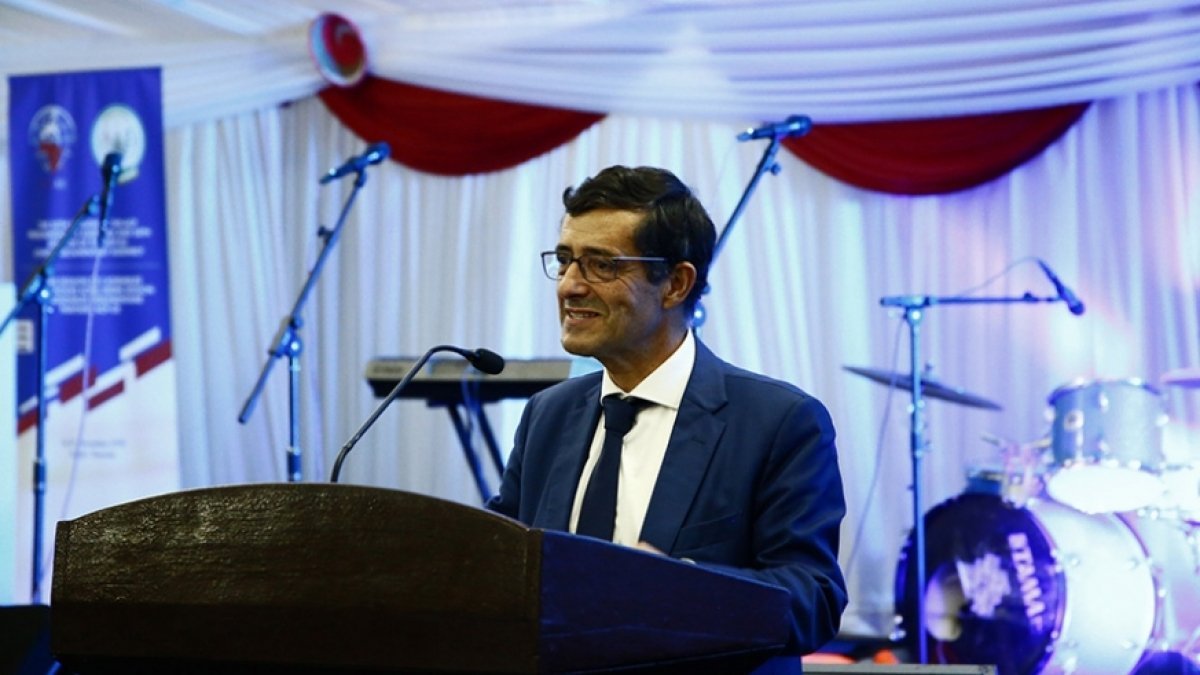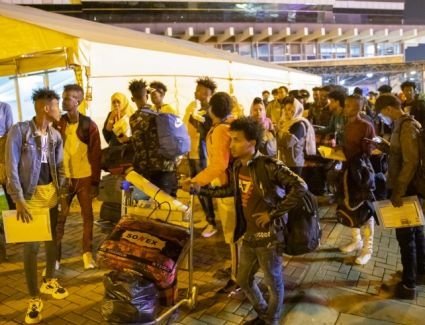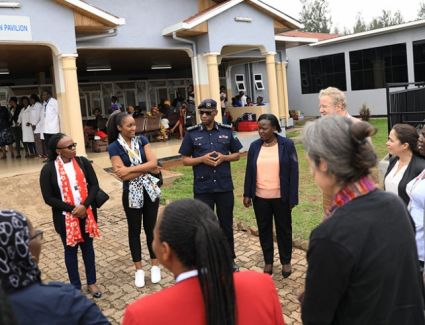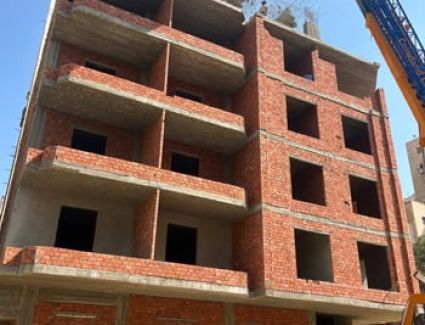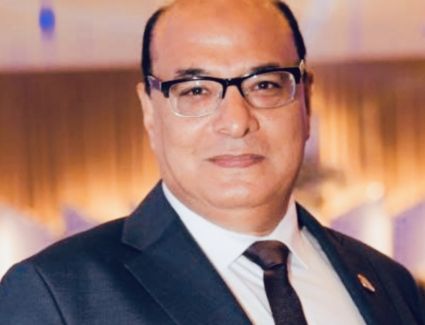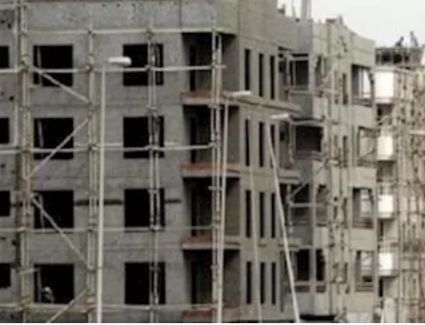There’s an estimated 820 million people who are hungry globally, representing 11 per cent of the global population, according to statistics from UN’s Food and Agriculture Organisation (FAO).
Yet, according to Oxfam International, one per cent richest people continue to own more wealth than the whole of the rest of humanity, which illustrates the severity of inequality.
Africa has the highest prevalence of undernourishment, according to FAO’s 2019 global state of food security and nutrition.
The ACP-EU Joint Parliamentary Assembly convened in Kigali from November 17 to 21, to discuss issues of climate change and food security, migration, sustainable growth, among others.
ACP-EU stands for Africa Caribbean Pacific (ACP) region, and European Union (EU).
The New Times’ Emmanuel Ntirenganya interviewed Carlos Zorrinho, a Portuguese Member of European Parliament and the co-chair of the ACP-EU Joint Parliamentary Assembly on its role in tackling food and nutrition insecurity in the world.
Excerpts:
Why is this ACP-EU Joint Parliamentary Assembly important?
It’s important mostly because the world is changing very quickly, and no one could be relevant in the shape of the new global order if they have to do it alone. It is not possible to Rwanda, it is not possible for my country Portugal, it is not possible for the African Union and it is not possible for the European Union.
And, if we work together with our shared values Africa Caribbean Pacific, and the European Union we could give a different perspective for the future of people and the planet.
At the same time, we need development and sustainability. The former seeks to achieve better lives for people while the latter is to have conditions to have life on the planet.
We live in a world with a lot of conflicts, the pragmatic decisions of governments sometimes are very useful, sometimes so very aggressive towards the others.
So, the parliamentary dialogue is a basic platform to achieve compromises and to pave the word for agreements by governments.
What are the most pressing issues you want to be addressed?
We decided to put on our common agenda mainly on three issues. The first issue is climate change.
Climate change is not only about catastrophes or desertification, but also the changes in the living conditions of people.
There are some compromises in the Paris Agreement and there are some compromises to put in the new partnerships.
So, we are really to work together to fight climate change.
The second issue is migration because migration is usually seen with a biased perspective.
What we need is to create the conditions to have a legal, safe and best mobility of people.
People need to be able to go from one side to another when they want, not when they are forced to (by harsh conditions).
For instance, in these relationships between Africa Caribbean Pacific and European Union, the European Union wants to have fewer people without conditions (economic means) going to Europe, we need also to have more investments, and more support and more cooperation to create conditions for a durable development.
Why does climate change need global attention?
Climate change is a global concern. Now we need actions. But even with climate change, we have the tools, the typical issue is to put the tools at work. We have the Paris Agreement, now we have a green bill in Europe, and in the future, we will have a new development in this partnership. So, part of it needs to be focusing on climate change because we need to work together to achieve the Agenda 2030 which is our common goal to have sustainable [through tackling climate change].
What are the cause for food insecurity and malnutrition and how can these twin challenges be tackled?
In the world, in my opinion, now we have two main, big problems. One is the unsustainability of the growth model.
So, it’s the climate change that is provoked by this growth model. And the second is inequality, which is unacceptable. To have 2 or 3 per cent of the world [population] controlling 50 per cent of the [total global] money (wealth) is not acceptable.
If are to be more food security, we need to do two things. First is to fight against climate change because it is [adversely] changing the conditions to produce cereals, milk … and it is increasing desertification.
The second is to empower people to have conditions to be responsible for themselves. We need to provide them with education, digital literacy, and freedom…to create a better world.


